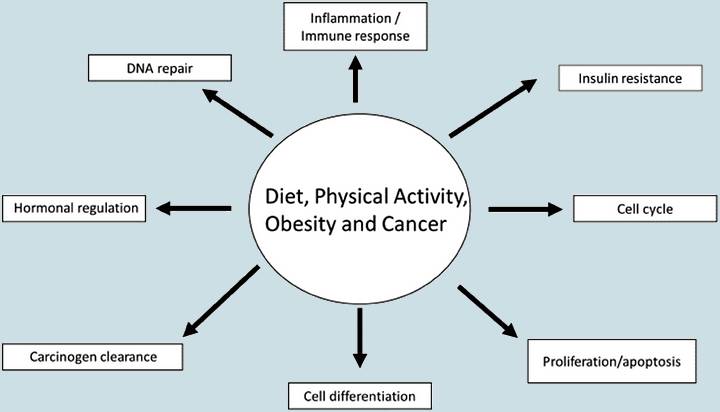 We know that lifestyle factors affect cancer incidence and recovery in a wide sense but to what extent does this apply to skin cancer?
We know that lifestyle factors affect cancer incidence and recovery in a wide sense but to what extent does this apply to skin cancer?
Industrial chemicals, or arsenic in drinking water can exacerbate skin cancer, genetics and family history of the disease are factors, although exposure to UV rays from the sun remains the primary cause.
Regularly using sunscreen, wearing protective clothing and managing time outdoors are part of a healthy lifestyle. The question still beckons on outcomes from other aspects of rational living, such as alcohol intake, diet, physical activity, smoking and weight.
Overall Research
Large scale research to date tends to consider broader outcomes. A long running UK/US study on 140,000 people looked at how a healthy lifestyle is related to life expectancy free from major diseases, such as diabetes, cardiovascular disease, and cancer.
They found dramatic differences, with adherence to a healthy life, compared to lack of this, making a difference of around 10 years before disease occurs. A UK Biobank report on cancers alone produced similar findings.
Their description of good health choices was “better than any pill and no side effects”. A rationale most of us would accept.
The American Institute For Cancer Research looked at diet, nutrition, physical activity and skin cancer. Their report in 2021 analysed global research, the Skin Cancer Foundation have offered related input, as have smaller research institutes.
Skin cancer specific research is not at the volume of people in wider studies, although findings tend to be similar. UV from sunlight, immune system reduction and genetics are key factors but lifestyle makes a difference.
Relevant Factors
Cancer Research UK run an ongoing study, to see if diet and lifestyle can affect the chance of melanoma coming back after treatment. They have to date stated that smoking increases the risk of return, or death from melanoma and vitamin D may have the opposite effect.
The view that diet affects immune system efficiency is reflected elsewhere, along with how this varies levels of inflammation and ulceration in melanoma. Vitamins C, D and E are believed to hold protective properties.
Equally clear is the importance of the way these vitamins enter the body. A range of research has shown significant differences between input from food and supplements, with the latter not having a substantial effect.
The interaction with our digestive system and between different nutrients makes them more effective. Although high quantities can be damaging, there is no suggestion of avoiding supplements, simply that they are a poor relative to dietary input.
Supporting Your Health
You are welcome to read more on diet and skin cancer. Greater research is needed but diet can help, along with having a healthy weight, avoiding smoking and maintaining a decent level of physical activity.
None of those can cure skin cancer and in depth data tends to be across a range of cancers, or broader disease. We can’t say to you, live a healthy lifestyle and you will not get skin cancer but the chance is lessened and if you do, recovery may be enhanced.
Making healthy choices helps your body work well, heal faster and feel better. From heart conditions to dementia, to cancers, significant studies have supported a healthier lifestyle as a way we can all benefit.
